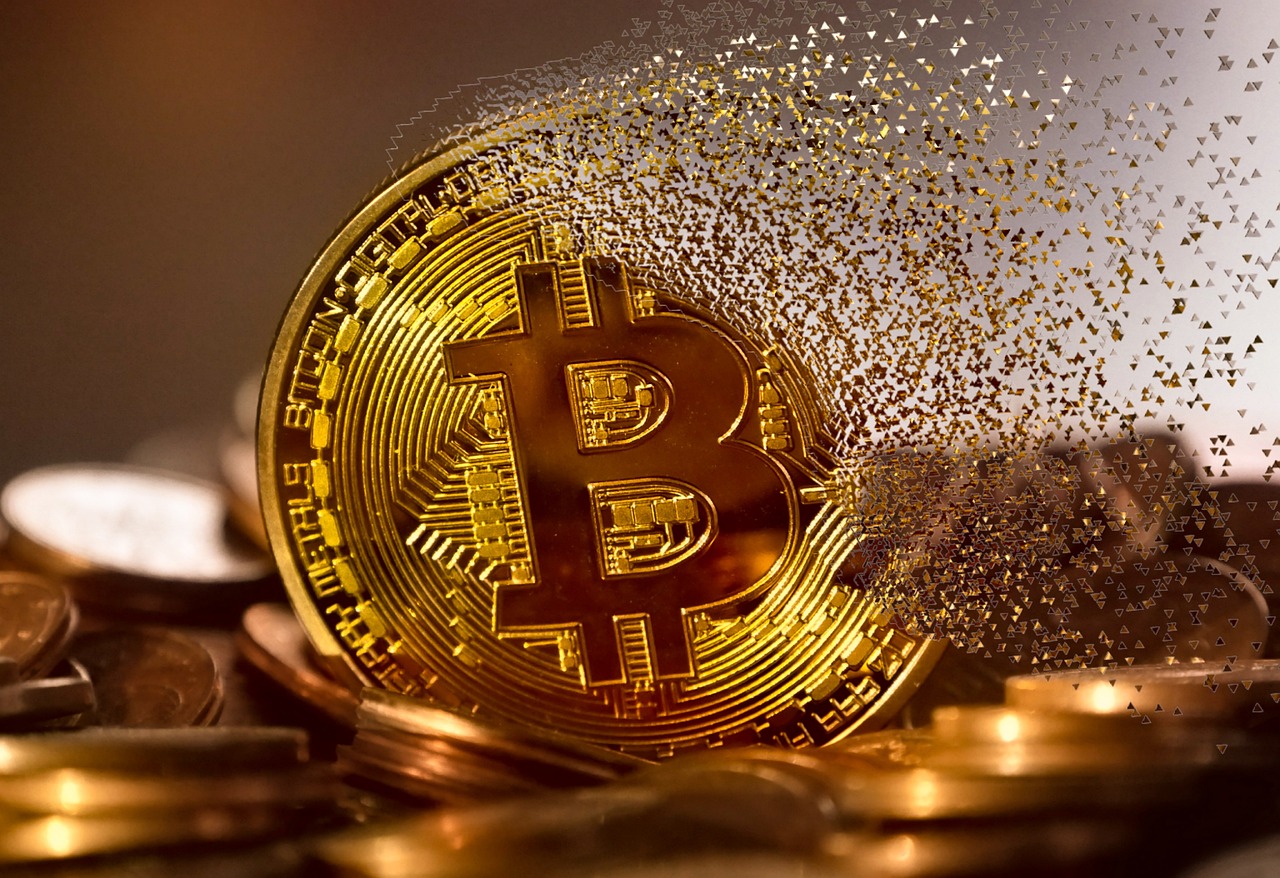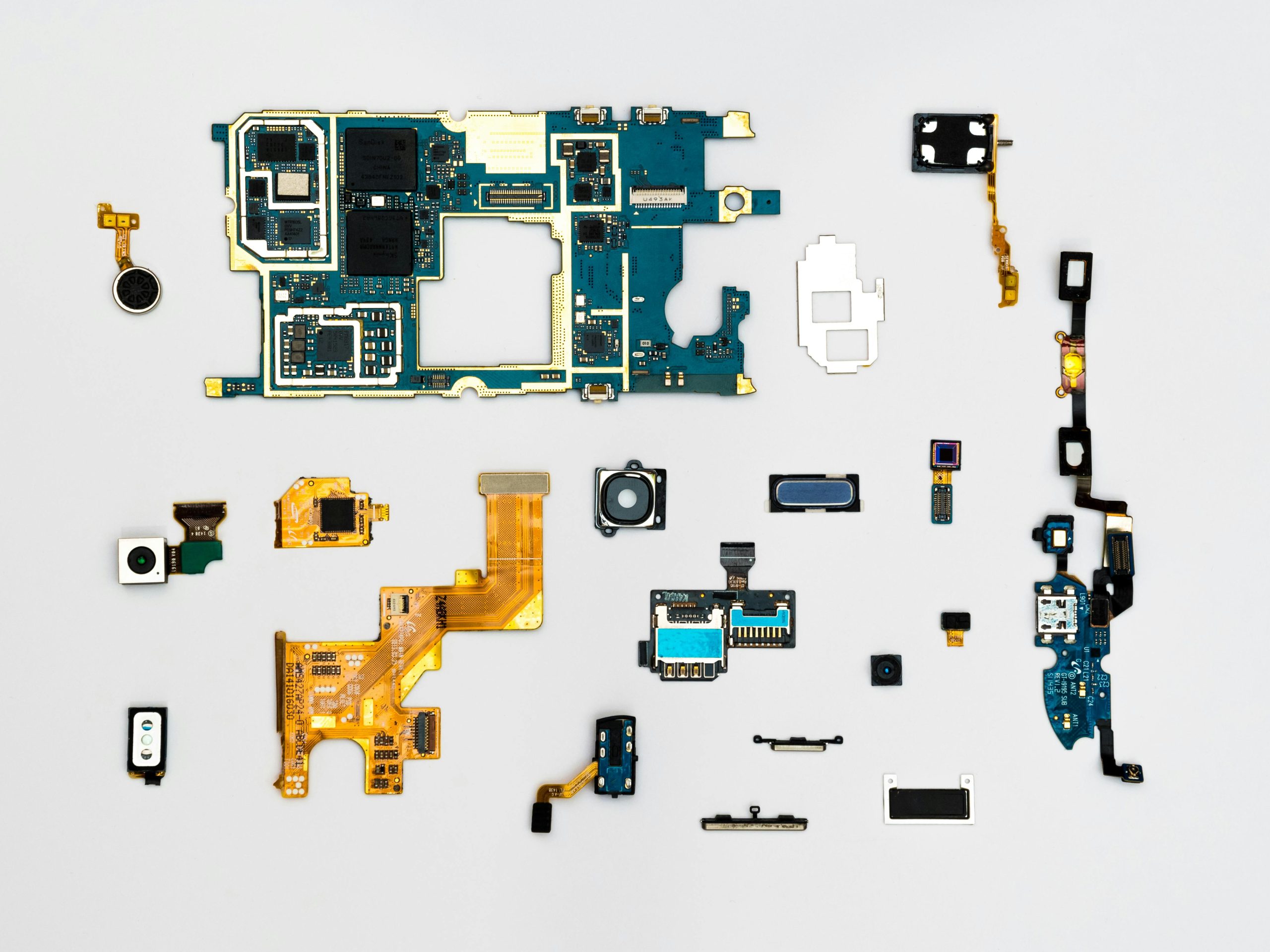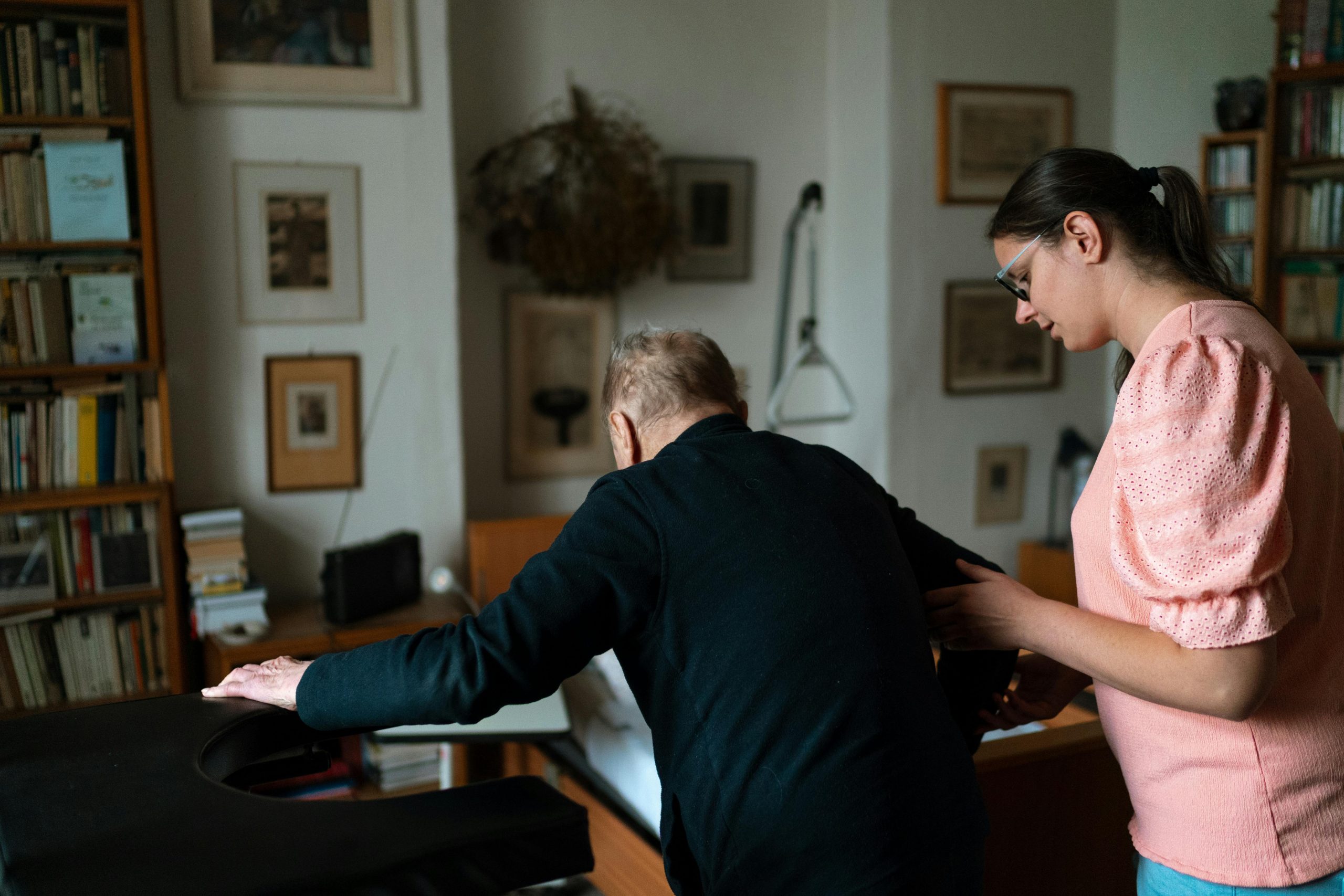Bitcoin as official tender. El Salvador’s plans are in ruins

For two years, bitcoin has been official currency in El Salvador. Salvadorans working abroad and also give millions of residents access to financial services. Neither of these purposes is being fulfilled by bitcoin, reports Radio France Internationale, citing AFP. Moreover, the country has lost sixty million dollars because of the fall in its exchange rate.
The fact that bitcoin is an official currency means that it can be used in exactly the same way as the dollar, which is the official currency in El Salvador and was the only official currency until the introduction of bitcoin. Everyone is therefore obliged to accept payment in bitcoin: this applies to all goods or services, as well as to debt repayments or tax payments.
The introduction of bitcoin as official tender was pushed through in El Salvador by President Nayib Bukele. This was in response to two specificities of this small Latin American country. The first is that a fifth of the country’s GDP is made up of payments sent to families by their members from abroad. Typically, this is illegal work in the United States, and sending money abroad is a problem for illegal immigrants. President Bukele wanted to take advantage of the relative anonymity of bitcoin payments and make sending money less risky.
The second peculiarity of El Salvador compared to developed countries is that seventy percent of people in that country do not have a bank account. Bitcoin was intended to help even these residents make cashless transactions.
In conjunction with the introduction of bitcoin as official currency, the government has established an official bitcoin wallet called Chivo. A thirty-dollar incentive in bitcoins was to motivate its acquisition. But the plan didn’t work: only one percent of the $4.7 billion that Salvadorans abroad sent to their families in the first seven months of this year went to Chivo wallets.
“People don’t use bitcoin because they don’t trust it,” former Salvadoran central bank governor Carlos Acevedo summed up, according to AFP.
In November 2021, when the bitcoin exchange rate jumped to a record $65,000, President Bukele presented bold plans. He announced that he wanted to build a “bitcoin city” that would be powered by volcanic energy – with the necessary resources to be provided by a one billion dollar bitcoin bond issue.
However, the bitcoin exchange rate lasted only a few days at record levels, and then began a plunge that took it to the $20,000 level. There has been no news about bitcoin city or said bonds since then.
Instead, El Salvador, or rather its central bank, is facing a book loss on the 2,400 bitcoins it bought. While their purchase price is not publicly known, the purchases were made at a time when the bitcoin exchange rate was between forty and more than sixty thousand dollars. The current exchange rate, however, is just before 25 thousand, so the loss may be around sixty million dollars.
Source, photo: elpais.com, pixabay.com
Author of this article
WAS THIS ARTICLE HELPFUL?
Support us to keep up the good work and to provide you even better content. Your donations will be used to help students get access to quality content for free and pay our contributors’ salaries, who work hard to create this website content! Thank you for all your support!





OR CONTINUE READING